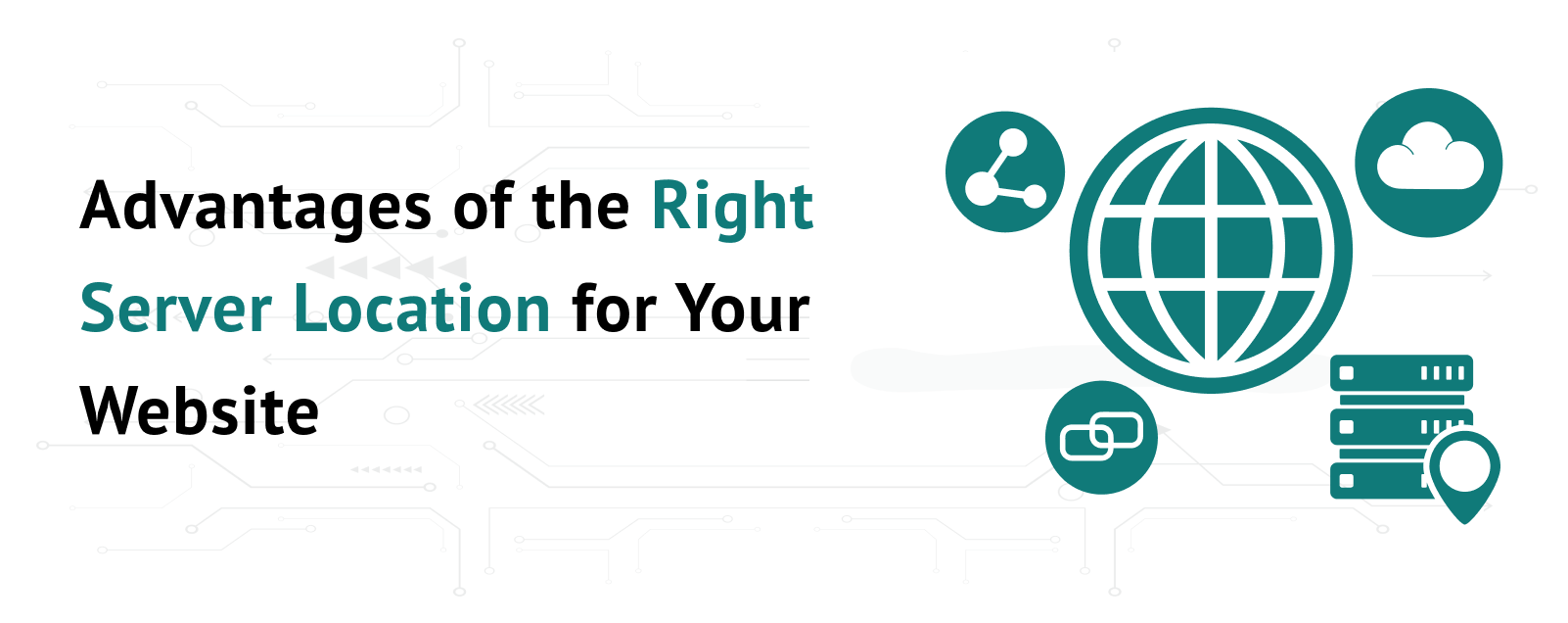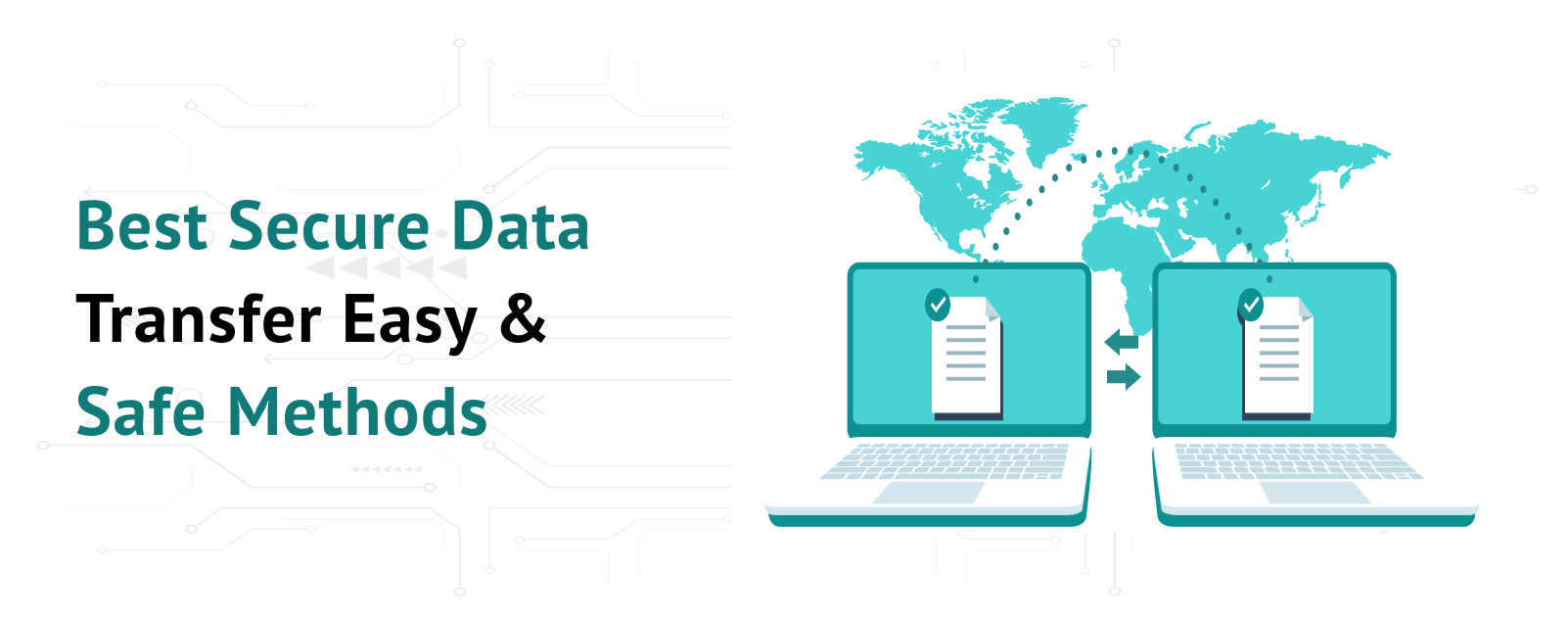The location of your server is an important consideration when setting up a website. The location of the server, which houses and processes all of the data on your website, has a big impact on how well it works. Selecting the ideal server location can boost security, provide better user experiences, increase speed, and contribute to the overall success of your website. Here is a summary of the benefits of choosing the right server location for your website.
Table of Contents
Faster Loading Times for Your Visitors
The closer your server is to your target audience, the faster your website will load. Data must travel between the server and the user’s device. If your server is located in a country far from your visitors, it may take longer for the data to reach them. For instance, if your audience is primarily based in Europe, hosting your website on a server in Europe can reduce loading times compared to hosting it in the United States. Faster loading speeds improve the user experience and boost your website’s search engine rankings.
Better User Experience
Visitors expect websites to load quickly and work smoothly. A slow-loading website can frustrate users, causing them to leave your site. This is especially true for e-commerce sites, where delays can result in lost sales. Choosing a server near your audience ensures that your website performs well, keeping users happy and encouraging them to stay longer on your site. A good user experience also helps build trust in your brand. Whether it’s a blog, an online store, or a business website, ensuring a seamless experience for visitors is key to your website’s success.
Improved Search Engine Optimization (SEO)
Search engines like Google consider website loading speed as a ranking factor. A website that loads quickly is more likely to appear higher in search results. Additionally, the right server location can impact local SEO. If your server is in the same region as your target audience, it signals to search engines that your website is relevant to users in that area. For example, if your business targets customers in Australia, hosting your website on a server in Australia can help it rank higher for local searches. This boosts your visibility and drives more traffic to your site.
Enhanced Data Privacy and Compliance
Different countries have different data privacy laws. Choosing the right server location that aligns with your target region’s regulations can help you comply with these laws and protect your users’ data. For example, if your website serves customers in the European Union (EU), hosting on a server in an EU country can make it easier to comply with the General Data Protection Regulation (GDPR). Selecting the right server location ensures that you follow the rules and avoid potential legal issues, building trust with your audience.
Reduced Downtime
The location of your server can also impact its reliability. Hosting your website on a server in a region prone to natural disasters or frequent power outages increases the risk of downtime. Choosing a server in a stable and well-connected location minimizes this risk, ensuring that your website stays online and accessible.
Cost Efficiency
The cost of hosting services can vary based on the server’s location. Some regions offer affordable hosting services with excellent performance, while others may be more expensive. By carefully choosing the right server location, you can balance performance and budget. For instance, if your target audience is in Asia, hosting on a server in Singapore or India might provide good connectivity at a reasonable price.
Support for Global Audiences
If your website serves a global audience, you might consider using a Content Delivery Network (CDN) in addition to selecting the right server location. A CDN stores copies of your website on multiple servers worldwide, ensuring fast loading times for users regardless of their location. Combining a central server in a strategic location with a CDN can provide the best experience for all your visitors.
Competitive Advantage
Choosing the right server location gives you an edge over competitors who may not prioritize this aspect. A website that loads faster, complies with regulations and delivers a great user experience can outperform similar sites, attracting and retaining more visitors.
Conclusion
The location of your website’s server is a critical decision that affects speed, user experience, SEO, security, and compliance. By aligning your server location with your audience’s needs, you can ensure your website performs at its best. Whether you are targeting local customers or a global audience, taking the time to select the right server location will pay off in improved website performance and user satisfaction. If you’re unsure about choosing the right server location for your website, consulting with a web hosting provider or IT expert can help you make an informed decision tailored to your goals.



